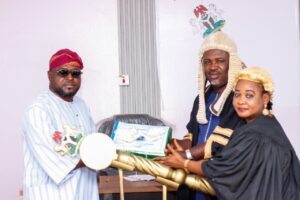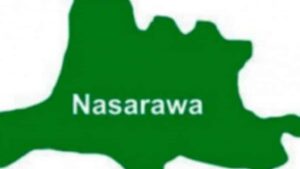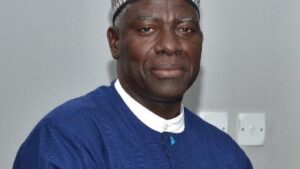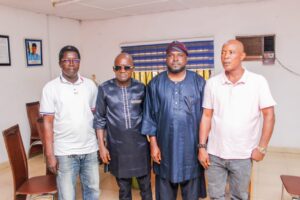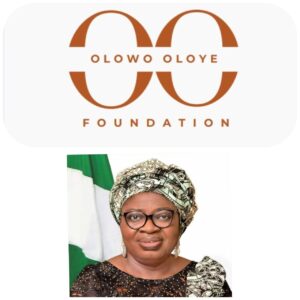NLC Criticizes Tinubunomics, Government Defends Reforms Amid Economic Concerns
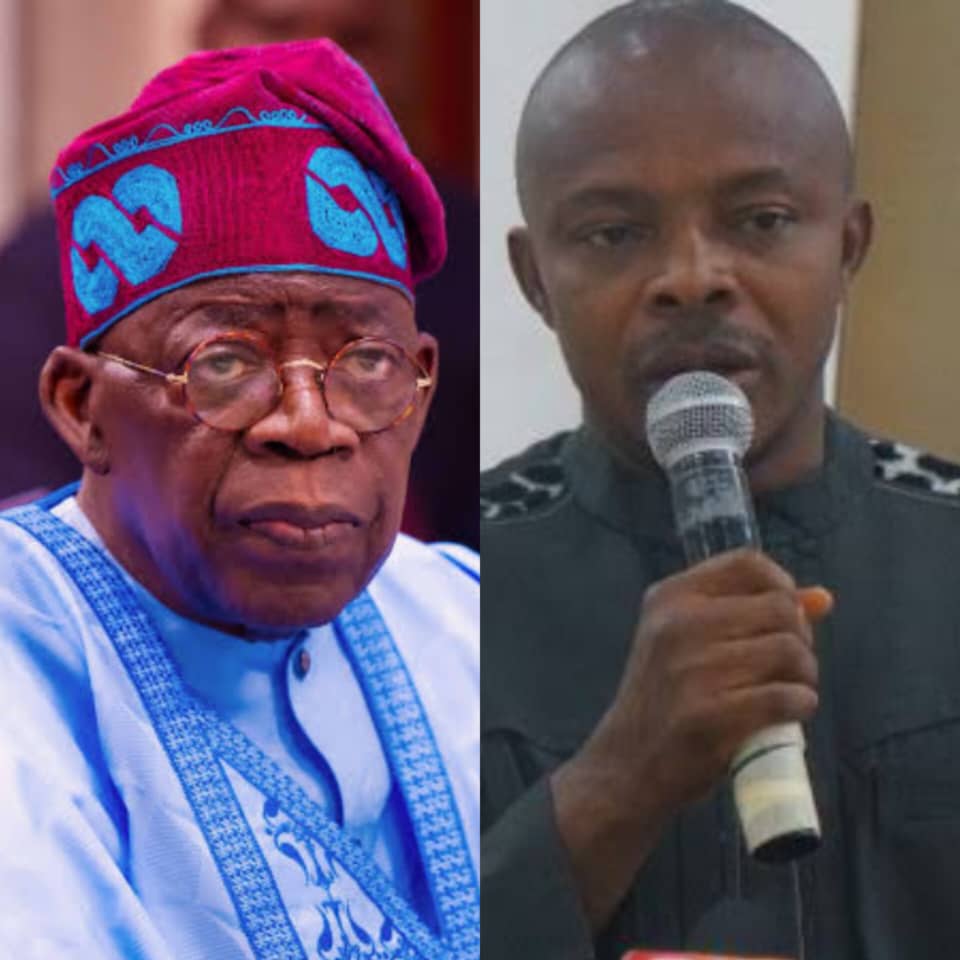
By: Emmanuel Ibitoye
The Nigeria Labour Congress (NLC) took a critical stance against President Bola Tinubu’s economic reforms, expressing concern over the worsening economic conditions in the country.
NLC President Joe Ajaero, at the 21st Daily Trust Dialogue in Abuja, cautioned against heeding advice from the World Bank and International Monetary Fund (IMF). He argued that many of Tinubu’s reforms mirrored policies of the World Bank and IMF, citing the fuel price hike as an example.
In response, Minister of Information and National Orientation Mohammed Idris defended Tinubu’s economic reforms, assuring Nigerians that they would soon experience the benefits. President’s Special Adviser on Information and Strategy, Mr. Bayo Onanuga, emphasized that the reforms aimed to stabilize the economy and restore the value of the national currency.
Ajaero highlighted the impact of subsidy removal, devaluation of the naira, and the rising debt profile. He criticized the lack of palliatives, businesses closing down, and the alleged failure of privatised companies. Ajaero called for a holistic review of government policies, expressing concern that the country’s situation was worsening.
Minister Idris reassured Nigerians that the government was committed to implementing the N35,000 wage award and addressing the short-term effects of subsidy removal. He described the reforms as a mix of immediate measures and long-term solutions, acknowledging temporary pains but asserting that they would not last.
Onanuga defended the removal of the fuel subsidy, stating that it was a necessary step to end subsidy-related corruption. He characterized the currency reforms as a “work in progress” and emphasized ongoing efforts to stabilize the naira.
The Presidency justified the reforms, arguing that subsidised petrol had been exploited by some Nigerians, leading to billions being lost. The government’s goal was to address immediate economic shocks and provide a long-term solution.
In response to the criticisms, Ibrahim Abdullahi from the PDP lamented the lack of a clear economic policy to alleviate Nigerians’ suffering. Labour Party Spokesman Ifoh criticized the government for not cutting down the cost of governance, accusing them of cronyism and corruption.
As the dialogue unfolded, it became evident that opinions on Tinubunomics and the government’s economic reforms are sharply divided, with labor leaders and opposition figures expressing deep concerns about their impact on Nigerians. The government, however, remains steadfast in defending these policies, emphasizing their long-term benefits and the need for patience amid temporary challenges.

